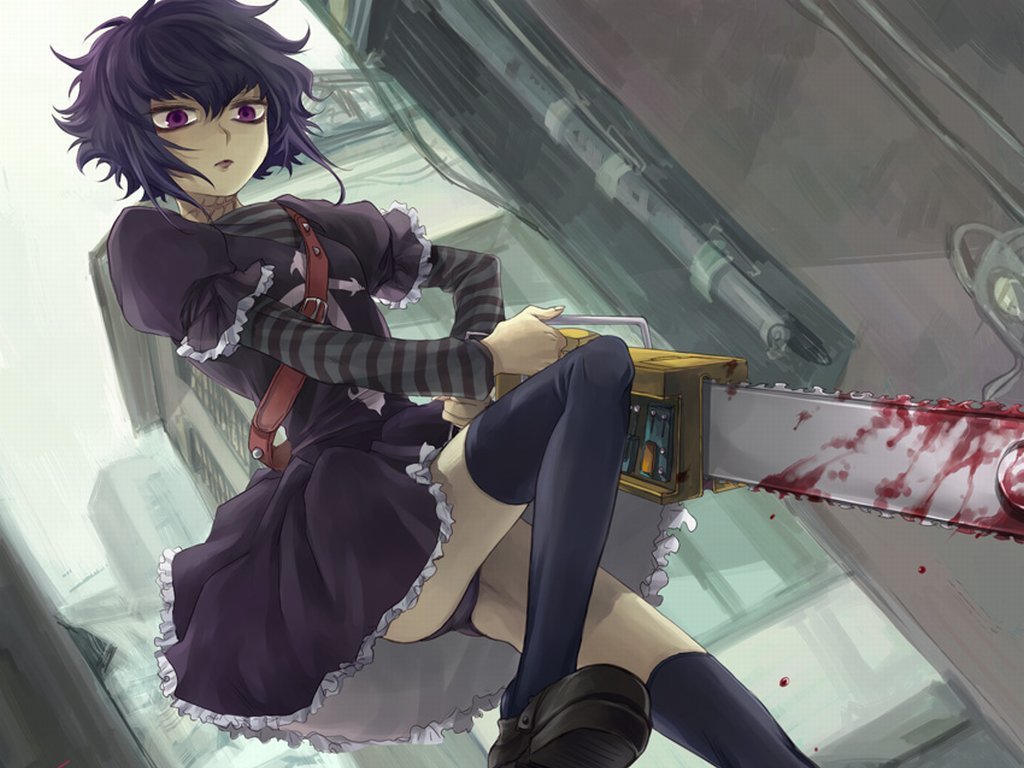
On Saturday, June 18, I finished my analysis of Discovery. It was in all about a 20-30 hour project, depending on whether you count the first day of reading, and the imagining, or not. I thought I'd give you the summary, so you can see why this book has been evading me for the past three years:
Theme: The wounds we hold in our souls can be our making or our undoing.
Main idea: The crew of the Edwina Thomas discover an alien device that can show you the hidden parts of your soul; how each reacts to this knowledge will make their lives better--or destroy them all.
Subplots: 11 Total No spoilers, but there are two romantic situations, a couple of lost sheep, a murder in the making, attempted sabotage, daring rescue attempts and of course exploring the ship itself.
Main Characters: 12 (Yes, twelve)
1. Sister Ann: a genius nun with a penchant of speaking in quotes and technical manuals. She understands the device, but cannot make others understand
2. Sister Rita: she joined the Order of Our Lady of the Rescue to escape Earth and the temptation of a romance, but she's still haunted by doubts.
3. James Smith: left priesthood because he thought he was in love with Rita; returned to find her gone. Three years later, they meet again on the Edwina Thomas.
4. William Thoren: power-craving mission commander and head researcher. He sees the Rescue Sisters as a threat to his power base
5. Chris David: PhD candidate who discovered the alien ship by accident. Lives in Thoren's shadow, until he falls in love with Andi
6. "Andi" Andromeda deChavez: commander of the miners in charge of extracting the alien ship. Loves Chris, but his weakness and lack of confidence put her off.
7. Ian Hu: Derive systems specialist with a terrible guilt; had habit of washing hads.
8. Jason Larache: mechanical engineer with a horrifying secret; likes to say he can either laugh or cry. Ann thinks he should have cried more.
9. Merl Prithard: Evangelical type with a lot of fear and a drive to "save" everybody, whether they want to be saved his way or not.
10: Kelli Riggens: a pagan who battles with feelings of rejection
11: OvLandra: a zerog, a race genetically engineered to live in space with a strict racial purity policy
12: Cay Littlefield: a troubled miner with undiagnosed xenophobia
Other Important Characters: 31 named characters in all--here are the top five
1. Sister Thomas "Tommie": pilot of the Rescue Sisters' shuttle. Ex-military who found peace in her calling
2. Captain Jamal Addiman: Captain of the Edwina Thomas
3. Galen Keegan: pilor of the Rockhopper, the miners' ship; Chris's roomie
4. George Powers: a loud mouthed miner; good for saying what needs to be said
5. Zabrina Muha: xenobiologist (microbiology); freaks when sees a real alien
So, as you can see this is not my usual stuff--it's far more complex, and enters territory I've never uncovered, from Church policies on genetic manipulations to planetary astrophysics. Last night, I realized I'm not writing a story; I'm writing an epic science fiction that examines issues of space colonization, religion, and the resilience of our souls. No wonder I've felt intimidated.
But what have I said is the cure for intimidation? Write! So here I go!






